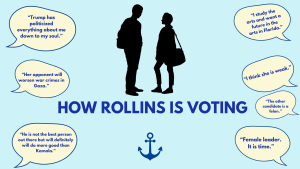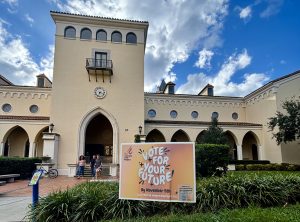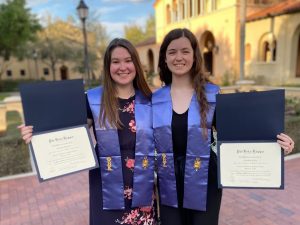
Florida lawmakers have cut the Effective Access to Student Education (EASE) grant by 42 percent. Reduced from $2,841 to $2,000, the 2022-23 academic year will mark the grant’s lowest drop in 15 years.
In the 2021 legislative session alone, several grants for students attending private colleges were disposed of; the textbook stipend for Bright Futures was eliminated, and one proposal (SB 86) attempted to cut Bright Futures aid for students seeking degrees in fields deemed as less conducive to employment.
Steve Booker, associate vice president and director of Financial Aid, said, “The value of the Florida EASE Grant is substantial to our students and to the economy of Florida. A recent [Independent Colleges and Universities of Florida (ICUF)] study indicates “for every $1 the state spends on an EASE student, it gets back $2.50.”
The amount of the EASE grant has fluctuated over the last decade; reaching $3000 for the 2007-8 school year and dipping as low as $2,500 in the 2013-14 school year.
“For the 2021-2022 academic year, the Florida EASE Grant assisted 1,356 students at Rollins,” Booker said. “This reduction of $841 per year by the State of Florida negatively impacts each of those students and Rollins is doing everything we can to assist.”
All full-time undergraduate students attending private non-profit colleges as residents in the state of Florida, who also meet additional workload requirements and fill out the application, can receive the EASE grant. Of the 159,000 students attending colleges in the ICUF, 46,000 are eligible for the EASE grant.
In the News-Press, Dr. John Meyer, president of Hodges University, said, “Half of the students attending ICUF schools are racial-ethnic minorities, with many coming from low-income families. With the Florida House’s proposed cut, nearly 7,500 students who would lose their EASE voucher are people of color.”
Booker said that Rollins is working with the ICUF in the hopes of returning the grant back to its former status.















Comments are closed.